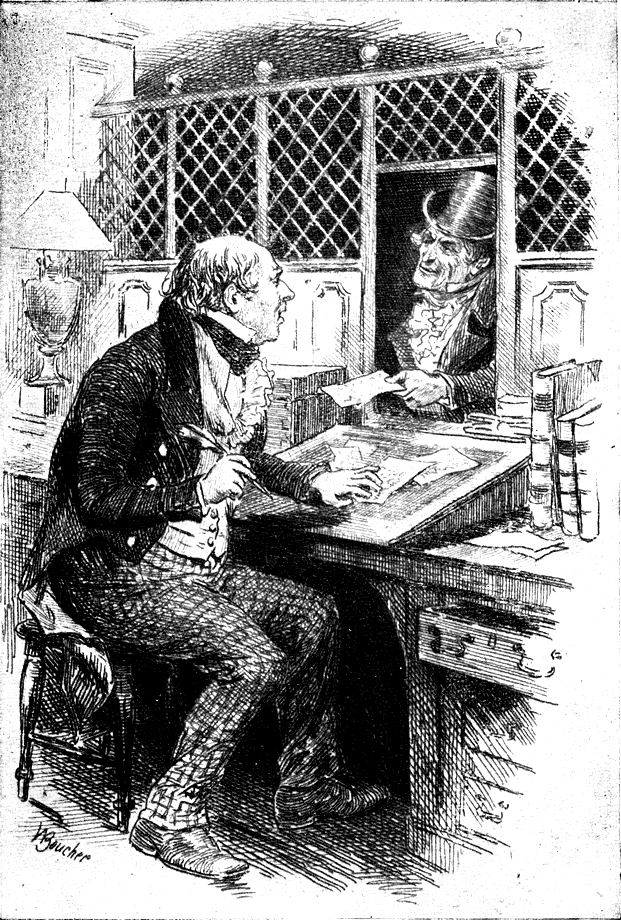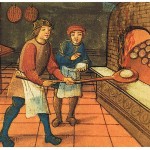Yesterday, driving back from camp, my 11-year-old disciple was recounting how his group was allowed to choose between adult–led group bible study or self–directed quiet time in God’s word. His group selected quiet time. At some point early in the week, as he was passing through the camp, he found a small piece of paper on the ground that categorized the bible by literature types: Law, History, Wisdom, Poetry, Gospel, Epistles, Prophecy, and Apocalyptic Literature.
Now he and I have been going through this together since he was a small child, but you never know when these things will start to make sense and they will own them themselves. As he contemplated what he wanted to read, he selected the minor prophets (one of my favorite sections of all scripture). When I asked him about anything he may have learned, he asked, “Did you know that if you read these books of prophecy, you can look forward into the books of history and see where they came true?”
I asked, can you give me an example?
He said, “The most obvious one was in Zechariah where it talks about a king coming on a donkey; that,” he said, “came true when Jesus rode into Jerusalem as told in all four Gospels (Mark 11:1–11, Matthew 21:1–11, Luke 19:28–44, and John 12:12–19), those are the books of history that show it.”
I asked, to clarify, “Was this something someone was leading you through? …did your camp counselor teach you this?”
He said, “No, it was just obvious when I read the minor prophet books.” He then said excitedly, “… and there are others!”
I have seen this on many occasions when people are equipped to study God’s word, in order to know Him and follow Him, they often encounter the living God in their study, who reveals the truth to them.
He said to them, “But who do you say that I am?” Simon Peter replied, “You are the Christ, the Son of the living God.”
And Jesus answered him, “Blessed are you, Simon Bar-Jonah! For flesh and blood has not revealed this to you, but my Father who is in heaven.”
(Matthew 16:15-17 ESV)
Brothers and sisters, this is why we are instructed to teach our children, to disciple them, so that when God speaks, they have ears to hear him.
You shall love the LORD your God with all your heart and with all your soul and with all your might. And these words that I command you today shall be on your heart.
You shall teach them diligently to your children, and shall talk of them when you sit in your house, and when you walk by the way, and when you lie down, and when you rise.
(Deuteronomy 6:5-7 ESV)




